06
Multilateralism in Transition: Challenges and Opportunities for the OSCE
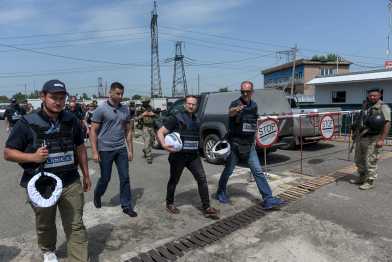
This CSS Study examines the challenges that the broad context of the global crisis of multilateralism and increased geopolitical polarization poses for the OSCE and how it has responded to them. It also highlights the chances that have emerged. Insights into challenges faced by Swiss Ambassador Thomas Greminger and how he sought to navigate the OSCE through stormy waters form the heart of this study, flanked by analyses of the OSCE’s responses to conflicts in Ukraine and Transnistria.
Confidence and security-building on the Korean Peninsula and the role of Switzerland
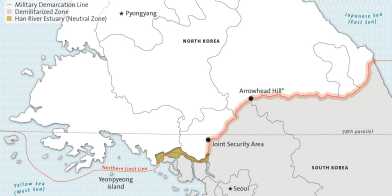
In time for the meeting of representatives of Poland, Sweden and Switzerland, member states of the Neutral Nations Supervisory Commission (NNSC) on the Korean Peninsula, for their annual consultations in Geneva, CSS’ Linda Maduz study on Confidence and security-building on the Korean Peninsula and the role of Switzerland is out. Participants in the meeting include delegations from foreign ministries of the three countries as well as the heads of their respective military missions.
Flexibel durch die Krise: Handlungsempfehlungen für die lokale Verwaltung

Crisis situations require an enormous amount of flexibility from local administrations. Flexibility in the sense of changes in decision-making structures, the recruitment of personnel and organizational processes, which lead to greater freedom of action for the actors involved. This practice paper summarizes the findings of the HybOrg research project and, based on its scientific results, it presents six recommended actions for successful and flexible administrative action in times of crisis.
Freiwillige in der Krise erfolgreich(er) einbinden: Handlungsempfehlungen für die lokale Verwaltung

This practice paper summarizes the findings of the HybOrg research project and uses its scientific results to derive concrete recommendations for action that should help to better coordinate local administrative action and civil society engagement in crises. The findings and recommendations are intended to also provide those responsible in the administration with practical decision-making support when dealing with the current COVID-19 pandemic.
Sicherheit 2021. Aussen-, Sicherheits- und Verteidigungspolitische Meinungsbildung im Trend

The Military Academy at ETH Zurich and the Center for Security Studies at ETH Zurich have published the annual survey "Sicherheit 2021". Since 1999, the study has evaluated long-term trends and tendencies in public opinion on foreign, security and defense policy issues in Switzerland.
NATO’s Strategic Concept: Three Do’s and Don’ts
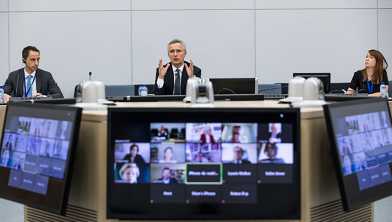
The new Strategic Concept must clarify the tasks that NATO should undertake in the great-power competition with, and defense of common values against, Russia and China, argues Henrik Larsen in this CSS Policy Perspective.
Europe and the Nuclear Ban Treaty
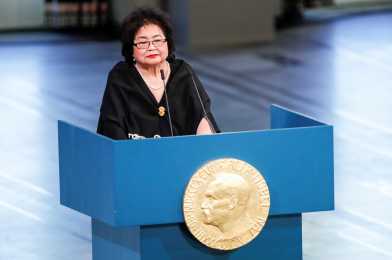
The nuclear ban treaty’s entry into force gives its advocates in parliaments and civil society momentum to increase pressure on nuclear-armed states and their military allies. This is notably the case in Europe, where the treaty’s impact on longstanding positions could affect nuclear disarmament efforts on a global scale, argues Névine Schepers in this CSS Analysis.
Weaponized and Overhyped: Hypersonic Technology
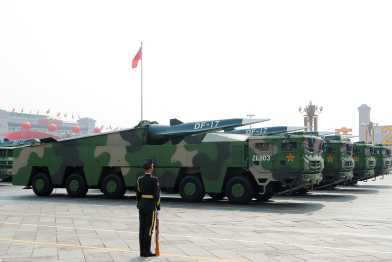
Cruise missiles and boost gliders that can travel faster than five times the speed of sound without revealing their target until the very last moment have become a reality. While hypersonic weapon systems are on their way to change the strategic stability parameters by the middle of this decade, the magnitude of their disruptive effect remains a known unknown, argues Dominika Kunertova in this CSS Analysis.
The Logic of Ceasefires in Civil War

Ceasefires play a role in almost all civil war peace processes. Yet existing studies undertheorize the ways in which different logics drive the design of ceasefire agreements, and the effect this has on violence suspension. In this International Studies Quarterly article, CSS’ Govinda Clayton and Valerie Sticher identify different bargaining problems conflict parties face over the course of a conflict, and three classes of ceasefire design they use to address these problems.